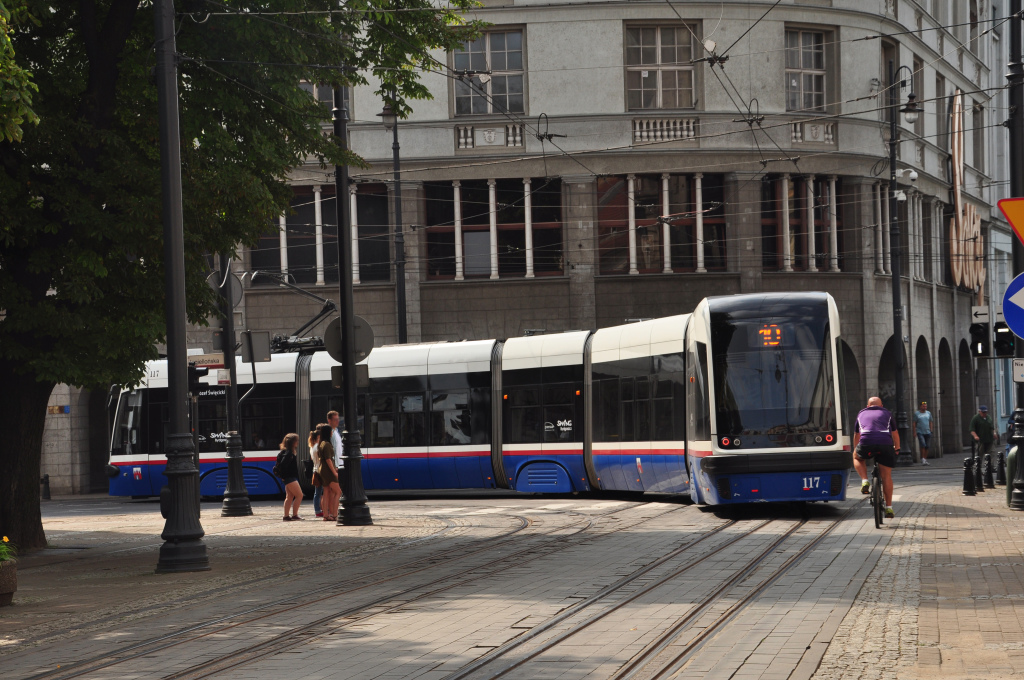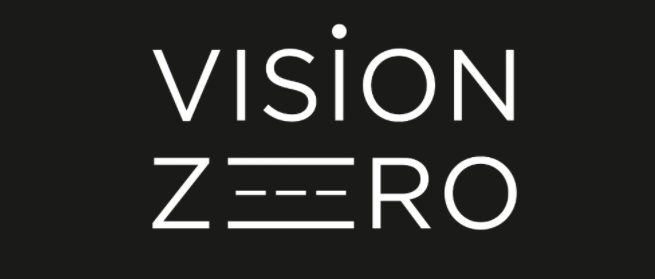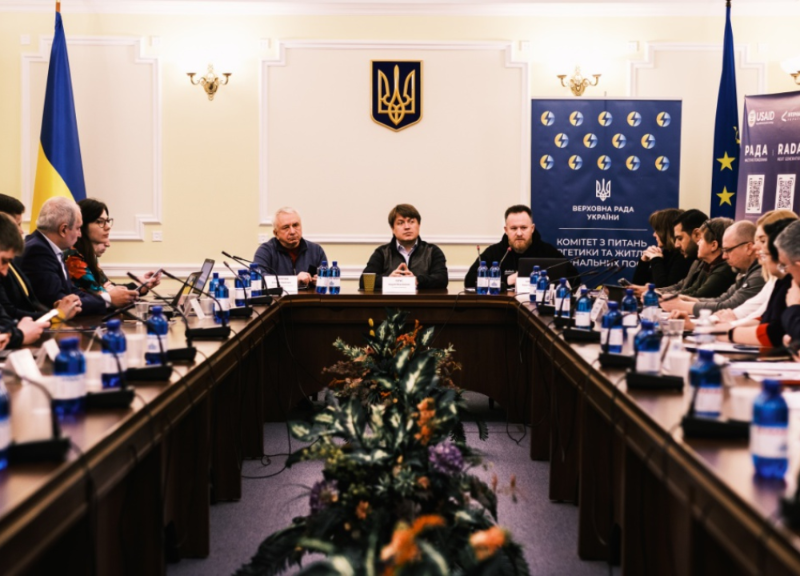
When a person searches for something on the topic of transport and mobility, one of the first results is always Wikipedia. We noted earlier that Ukrainian Wiki-articles have a "Soviet spirit". Upon closer examination, it turns out that they are often literal translations of Russian versions of articles, with Russian trolleybuses or trams in the photos. And of course, they often do not reflect modern world achievements and practices - for example, the English-language article "Trolleybus" is fundamentally different from the Russian and Ukrainian ones.

Photo: Oleksandr Shutyuk, 2017, Bydgoszcz, Poland.
Therefore, from the beginning of 2023, the NGO "Vision Zero" began to de-Russify and modernize the content in the Ukrainian "Wikipedia" on the topic of transport and mobility. Here are some of the already implemented wiki projects:
Updated articles:
- "Electrotransport" NEW!
- "Dvirtseva Square (Lviv)" NEW!
- "Vinnytsia tram" NEW!
- "Lviv tram"
- " Public transport "
- " Tram "
- " Trolleybus "
- " Electrobus "
- " Public transport lane "
- " Karlsruhe Tram "
New articles:
- " Passenger pass" NEW!
- " Regional railway connection in Germany " NEW!
- " Electric car with contactless charging on the move " NEW!
- "Cycling fitness" NEW!
- " Transplantation " NEW!
- " The last mile (transport) " NEW!
- " Mendoza High Speed Tram " NEW!
- " S-Bahn Mitteldeutschland " (Ukrainian version) NEW!
- "Tram 2000"
- "Zurich Transport Company"
- "Be 4/6" Mirage" NEW!
- " Balanced transport "
- " Induced demand "
- " Timetable "
- " Scheme of public transport routes "
- " Leipzig City Tunnel "
- " Leipzig Transport Company "
- " Transit-oriented development "
We will update this publication in accordance with the appearance of new and updated articles of the Ukrainian "Wikipedia". We invite you to follow, share with others and write to us if you know about the existence of articles without Ukrainian translation or those that need to be updated/created! We will continue our activities on de-Russification and modernization of Wikipedia. We invite you to join this process, because everyone can be the author of Wikipedia! And if you have ideas for articles that need to be updated or created - write to us!



